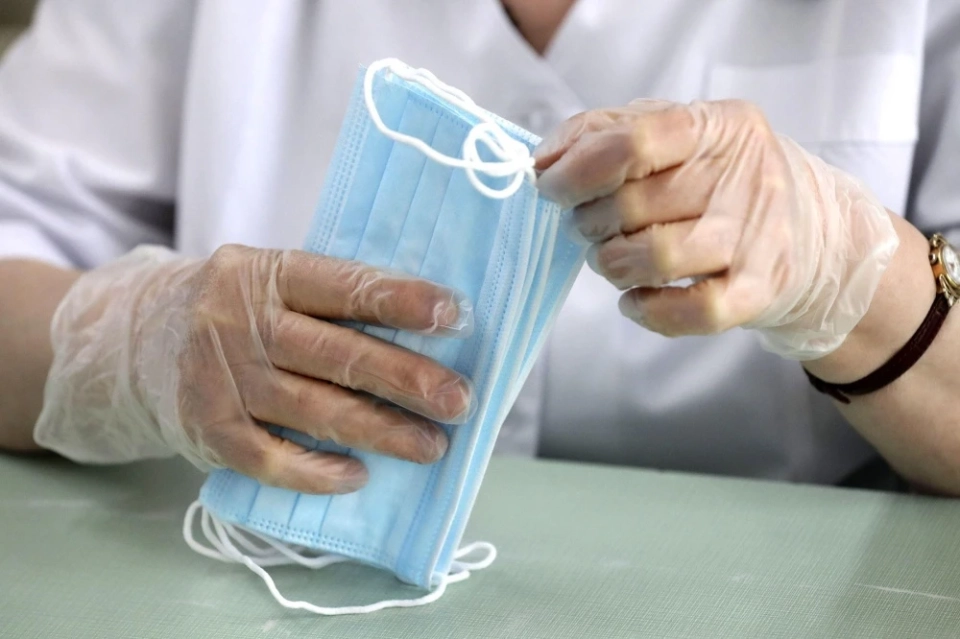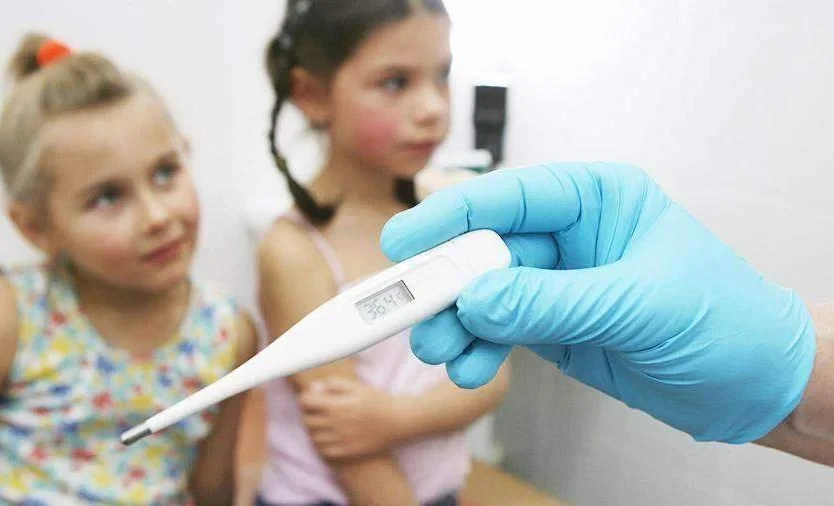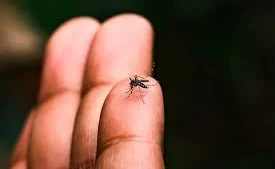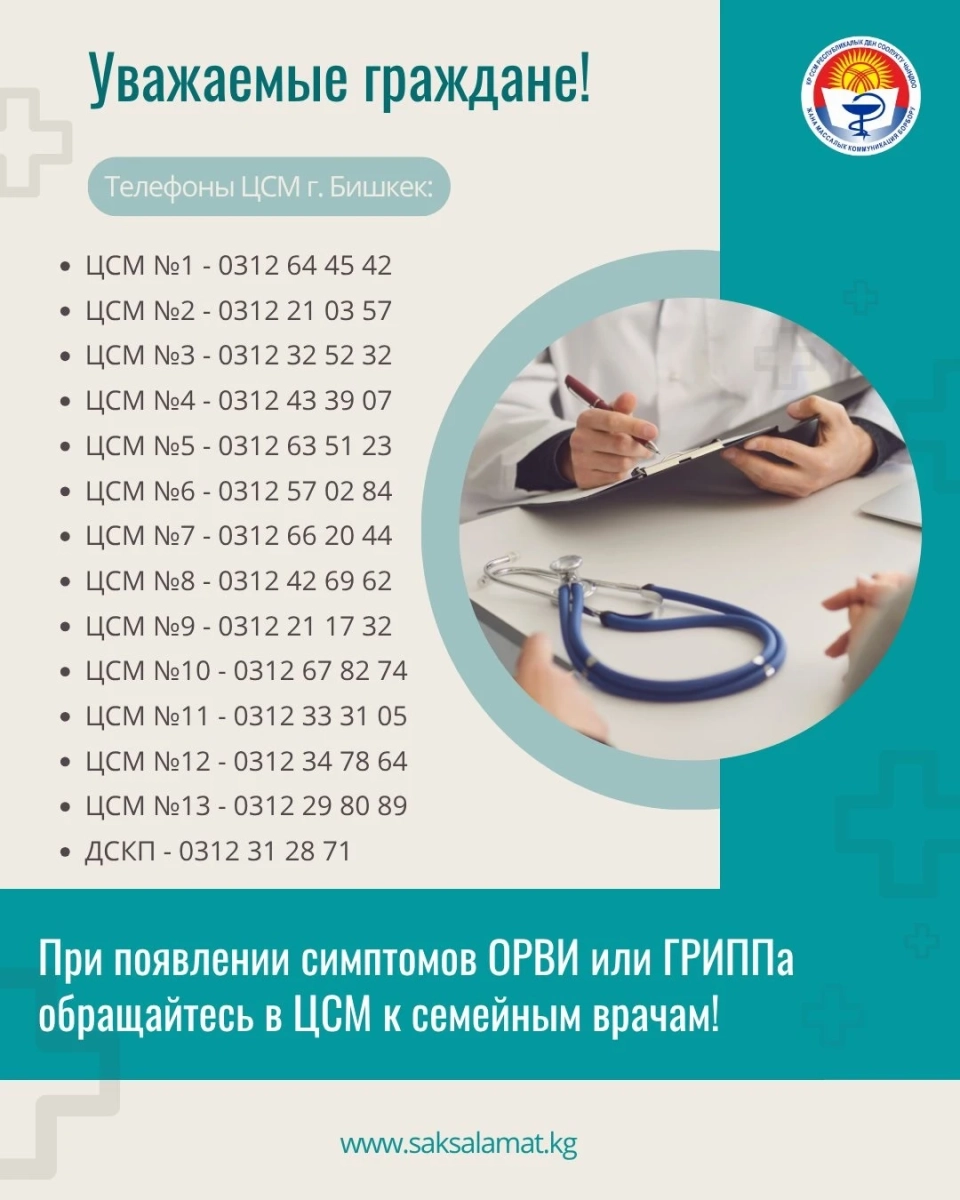
Laboratory studies among the sick have shown that the A/H3N2 flu virus predominates (91.3%), the B virus accounts for 3.8%, and COVID-19 — 4.8%. Acute respiratory viral infections have also been identified, among which rhinovirus — 28.9%, adenovirus — 24.4%, parainfluenza I-IV — 20%, RSV — 6.7%, and other viruses account for 20%.
Monitoring of student attendance in educational institutions across the republic is underway.
In connection with the beginning of the flu epidemic season, the following is recommended:
- Avoid large gatherings of people, such as concerts and shopping centers, and limit the use of public transport whenever possible.
- Wear medical masks that should fit snugly against the face and cover the nose and mouth, changing them every 2–3 hours or when they become damp.
- At the first symptoms, stay at home and do not send children to school or kindergarten to prevent the spread of infection.
- Consult a doctor for timely and adequate treatment depending on the patient's health condition and age.
- Practice respiratory hygiene: use disposable tissues when coughing and sneezing, cover your mouth and nose with your elbow, not your palm.
- Use hand sanitizers after being outdoors, using public transport, and visiting crowded places.
- Regularly ventilate rooms at least 3–4 times a day for 10–15 minutes.
- Follow bed rest, as carrying flu "on your feet" can lead to serious complications.
- Isolate the sick person in a separate room, if possible.
- Use separate dishes and towels for the sick person, washing and disinfecting them separately.
The epidemiological situation in the country remains stable, and monitoring continues.















